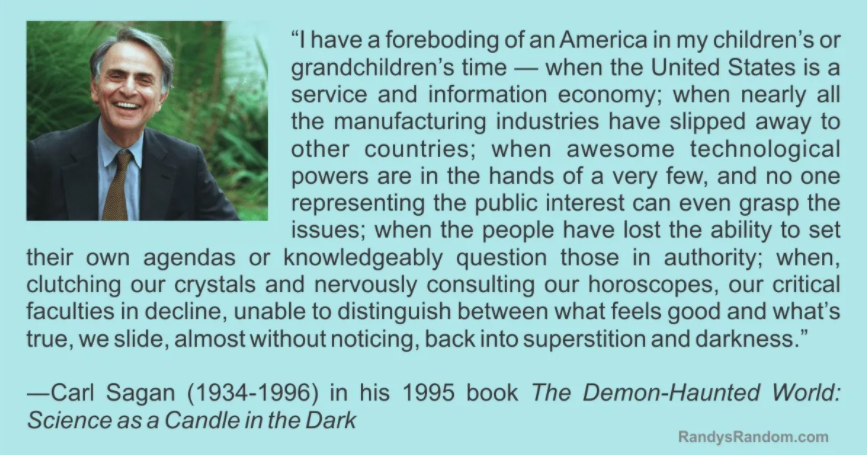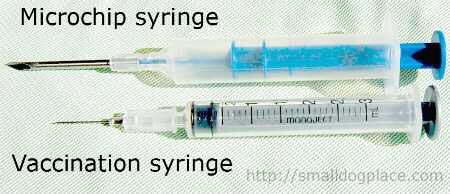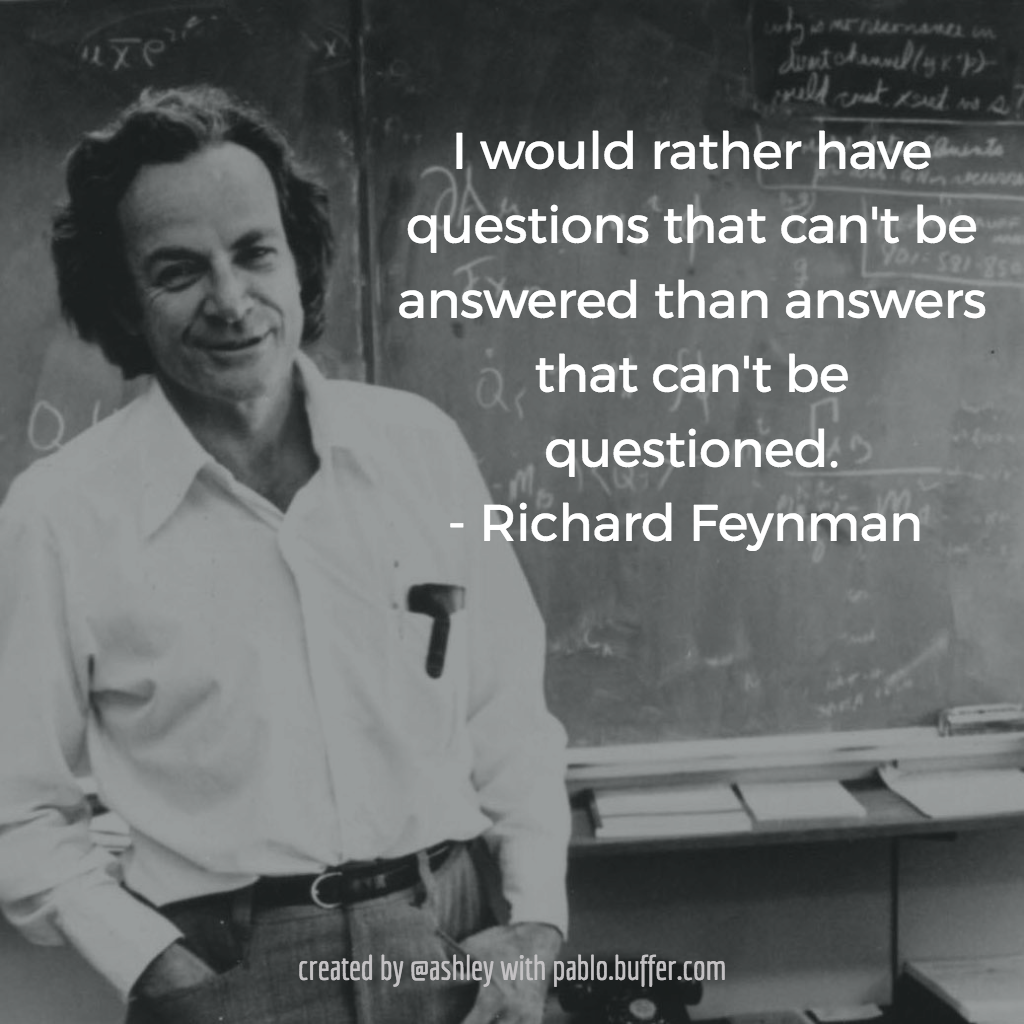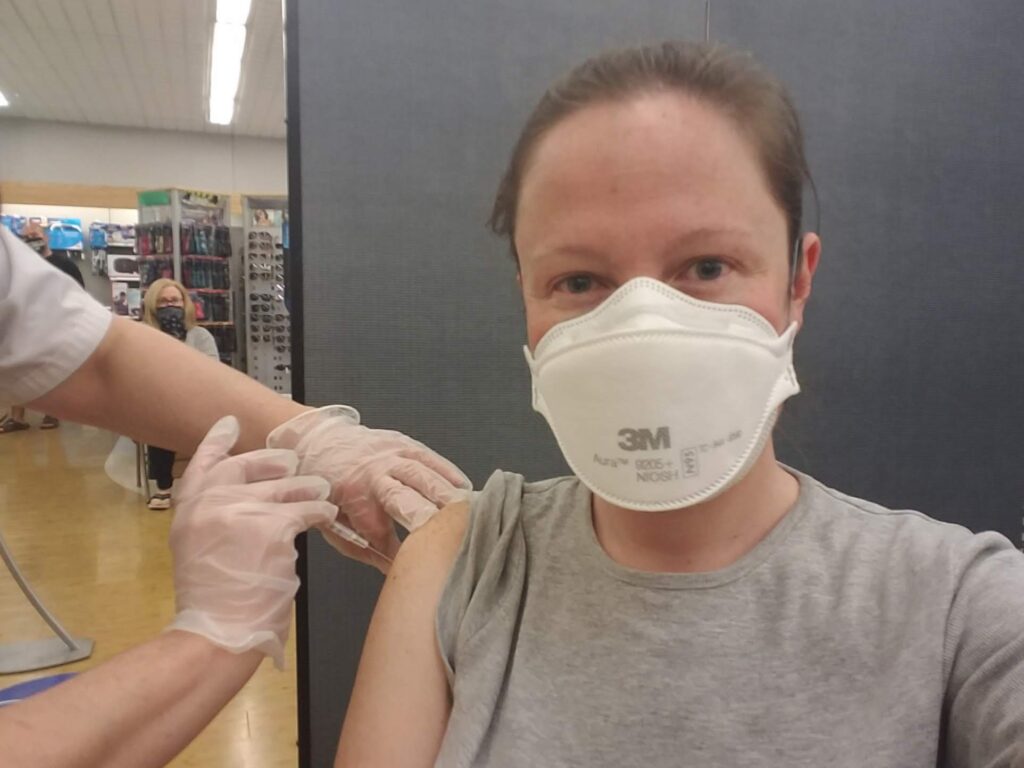Over the past several months, we have been inundated with information, disinformation, and opinions about every aspect of COVID-19: origin, prevention, treatment, and political implications of each. In this digital world, it can be incredibly difficult to differentiate fact from fiction, truth from truthiness.[1] To make matters worse, because of the slow and iterative scientific method, reliable information can be a long time in coming and occasionally contradict itself, leaving opportunities for dubious information and doubts to creep in.
The Power of Doubt
Scientific studies have shown that the more frightened we are, the more emotional / less rational our decisions are,[2] and that once we have adopted a certain viewpoint, facts are less likely to change our minds.[3] When you apply those tendencies of human behavior to a global pandemic, we are more likely to believe a confident narrative because it provides some security and less likely to use critical thinking skills to question the narrative’s validity; we are more likely to judge others who hold a different position and less likely to ask questions to understand the perspective behind it.
Asking questions is a good thing. I always want to know what I am putting in my body, bringing into my home, and supporting with my dollars… but in the case of the COVID-19 vaccine, any individual response – pro or con – has become incredibly politicized. I have watched people I love declare positions about the safety of the vaccine, whether they were going to get it, and whether it is associated with some kind of broader conspiracy or government control. I have also watched these people become more entrenched in their positions over time, bringing us to the point where we are unwilling or unable to ask questions.

This may not be everyone’s experience, but from where I sit, it appears that the firmly entrenched pro-vaccine camp draws a connection between asking questions about the vaccine and being “anti-vax.” That perception has caused me anxiety because I myself have had questions and concerns about the vaccine, but I have been afraid to voice them, lest someone think I am anti-vaccine and anti-science. Now, to clarify, I am very pro-vaccine in general, and I believe in science. I am the head of a public health organization; I was never not going to get this shot. However, back in January when Christian got his first shot, part of me was relieved that I was in the last eligibility group.
While I have celebrated friends and family receiving their shots (and proudly posting vaccine selfies on social media), I also knew that I didn’t know enough about the vaccine to feel completely comfortable with the idea of getting it myself. Then, several weeks ago when Ohio opened up vaccine appointments to Pennsylvania residents, Christian was ready, finger-on-mouse, to get me scheduled. With an appointment confirmation text staring me in the face, I had to admit something unpleasant, something I was uncomfortable admitting to my own husband: I was hesitant.
Public Health Approach
Science (particularly physics) always appealed to me because of its perfection… at least in a frictionless vacuum. While classical mechanics works perfectly and elegantly on paper, there are always confounding factors in real life that you may not think to take into account (such as air resistance or gusts of wind) when you throw a baseball and try to calculate where it’s going to land. Having now chosen a career in public health, I understand that those confounding factors are much more elusive, and the stakes are considerably higher.

In my line of work, it is not possible (or at least not ethical) to wait until all of the facts are available to take action in a health crisis. The public health approach requires timely gathering of available information; identification of symptoms, at-risk populations, possible causes, and potential pathways of transmission; and creation of a working hypothesis about how to limit exposure. That hypothesis needs to be tested and refined in an iterative way as more information becomes available. It is vital to note that when lives are on the line, waiting for a critical mass of information just to get started (which sometimes doesn’t happen for years, if at all) isn’t a feasible option.[6]
This approach uses the best information available at the time, not 20/20 hindsight. For that reason, it can be very easy for critics to point at a misstep and question the validity of the entire scientific process. I know – intellectually – that making the best decision with available information is really all that can be done in a public health emergency. However, emotionally, I crave that scientific perfection and certainty that comes with a sound decision based on complete information. And that’s why I had hoped by the time it was my turn to get the vaccine, it would be fully approved, not just authorized for emergency use.
Reliable(?) Information
Around the time Pfizer and Moderna were receiving Emergency Use Authorization from the FDA at the end of 2020, I knew several people (some medical professionals included) who said they were going to wait until more information came in, until more people were vaccinated to get it themselves. I had heard the conspiracy theories: that the vaccine would alter your DNA (it won’t)[7] or that you would be injected with a microchip (you won’t).[8] Of course, I didn’t believe those. However, general vague uncertainties, such as “we won’t know the long-term side effects” crept through the back of my mind and made me wonder what I was signing up for.

Image credit: [9]
It’s much easier to (correctly) believe that the standard vaccines that have been around for years (MMR, DTaP, varicella, etc.) don’t cause issues: we have years of clinical and anecdotal data indicating that they don’t have serious side effects. As for this new technology, however, it is far easier to sow doubt based on the fact that it is new. As of the date this post went live, no one had had the COVID-19 vaccine for more than 13 months.[10] While there are no indications that there will be any long-term side effects (or even any indications of what they might be), that is where doubt can take root.
As vaccine production ramped up and more people scheduled vaccination appointments, it became clear that I would not be getting a fully-approved shot in my arm. The term “Emergency Use Authorization” didn’t fill me with a lot of confidence, and I didn’t like the idea of putting something in my body that hadn’t been fully vetted. (Never mind the fact that I am currently part of a clinical trial for an IUD that is up for FDA approval…)
Leap of Faith
With the clock ticking down to my vaccine appointment, I finally set some time aside to look into the Emergency Use Authorization process and was surprised to learn just how comprehensive it is. The FDA requires substantial information from the phase 3 trials before an EUA can even be requested, and the efficacy numbers quoted in the low 90s back in December were based on tens of thousands of study participants. The studies will continue, working toward full FDA approval in the future, but anecdotal data from over 60 million Americans who have already been vaccinated supports the initial findings of the mRNA vaccine studies.[11]

Messenger-RNA (mRNA) technology is new to us, but it has been in the works since the 1970s, and the possible applications beyond COVID-19 are promising (including HIV and cancer). The information in the vaccine tells our cells to build a protein spike that looks like the virus, without actually having to inject the virus itself into our bodies. Our bodies still mount an immune response and learn what the virus looks like in case we ever encounter it for real.[12] Furthermore, turnaround time on large quantities of doses can be incredibly fast compared to traditional vaccines, as we have seen over the past year.
As I said before, my reluctance was never going to result in my refusal to get vaccinated. However, getting my shot did represent a small leap of faith for me. Emergency Use Authorization for a vaccine requires demonstration that the benefits of taking it outweigh the risks of not taking it, and those data, though overwhelmingly positive, are by definition incomplete. I empathize with people who feel concern over lack of complete information in this situation, but I also trust in science and public health, understanding that the decisions we make can only ever be based on the information we have at the time – and that there can be dire risks in putting off those decisions until later.
In this situation especially, but throughout our lives in general, it is critically important to ask questions about things we don’t understand – and to encourage others to remain curious at all stages of life. Walt Whitman tells us to be curious, not judgmental. Curiosity should absolutely be supported, never shamed. However, we should also encourage scientific literacy so people can better evaluate legitimate scientific information vs. dubious theories. Shaming people who have questions or are reluctant about this vaccine will not help to increase adoption – it will only breed resentment and greater resistance, shutting down opportunities for growth and understanding.
~
I hope this post finds you well and feeling safe. If you would like to talk about thoughts or concerns you’ve had, this blog supports fact-based civil discourse.
Thank you for reading.
[1] https://en.wikipedia.org/wiki/Truthiness
[2] https://www.forbes.com/sites/briannawiest/2020/04/08/the-psychological-reason-why-some-people-arent-following-covid-19-quarantine-orders/
[3] https://www.newyorker.com/magazine/2017/02/27/why-facts-dont-change-our-minds
[4] https://www.snopes.com/fact-check/carl-sagans-foreboding-of-an-america/
[5] https://twitter.com/melgillman/status/1282516458166255618
[6] https://www.cdc.gov/csels/dsepd/ss1978/lesson6/section2.html
[7] https://www.cdc.gov/coronavirus/2019-ncov/vaccines/facts.html
[8] https://www.reuters.com/article/uk-factcheck-microchip-not-injected-covi/fact-check-covid-19-vaccine-labels-would-not-microchip-or-track-individuals-but-serve-logistical-purpose-idUSKBN28O1TM
[9] https://ashleytan.wordpress.com/2017/09/10/qa-with-richard-feynman/
[10] https://www.nih.gov/news-events/news-releases/nih-clinical-trial-investigational-vaccine-covid-19-begins
[11] https://www.fda.gov/vaccines-blood-biologics/vaccines/emergency-use-authorization-vaccines-explained
[12] https://www.theatlantic.com/ideas/archive/2021/03/how-mrna-technology-could-change-world/618431/
1 Comment
414 Days of Solitude – Radical Moderate · May 9, 2021 at 10:00 am
[…] [1] https://radicalmoderate.online/why-i-got-vaccinated/ […]